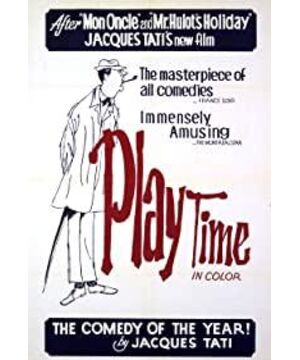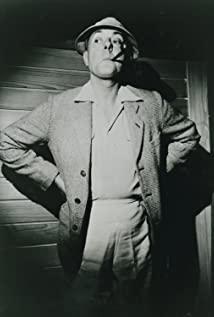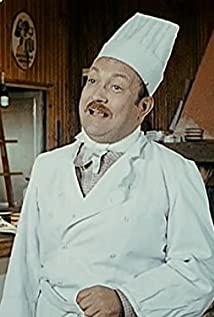The film begins with a clear sky, a clean, very clean sky, bright halls and office buildings. Later, when I knew that this was Paris, Cobb's sketch of a bright city appeared completely subconsciously.
Tati himself says that what he does is not architectural criticism. He just used the mirror of architecture to reflect a philosophical proposition. Dong always talks about Tati's sarcasm and sarcasm in his lectures, but the important thing is that the director himself puts himself in it, instead of looking at the stupidity and absurdity of the situation like a god. Jules, or Tati, was like an innocent child among modern buildings and elegant and efficient people, occasionally rewarded with a strange-looking candy. I even thought it was a heavy laughing narration, not even the fake laugh as it went on.
For the time being, Tati criticizes modernism and postmodernism, because modernism worships efficiency, worships machines, worships mass production, and the resulting hoarding has spawned postmodern worship of individuality and consumption. In the past, people were driven by imperial power, theocracy, and dominion, but in the machine age, in order not to hoard, people had to catch up with the speed of the machine. From being driven by people to being driven by machines or even virtual substances, is this the progress or regression of civilization.
I once said why there is no perfect pair of shoes in the world when I was shopping with Sister Xiaolin in Chongqing. The result of the discussion was that once there was a pair of perfect shoes, no one would buy other shoes. Thinking about it now, it probably touched the core of the consumer era. People frantically show off, ready to sell everything they can, just so the machine can produce more.
Consumers, and even producers, certainly don't think about so-called modernism and postmodernism, they focus on the real and sincere events at hand. Whether this is a collective unconscious, I don't know, it's just that no one can avoid being driven in it, the difference is only the degree. As Leto said in the resurrection, people no longer believe in what is in their own humanity, because if they do, it will be too difficult to live. Just like myself, positive, sunny, blame myself more than others, try to change more than sit there and hate the hypocritical indifference of human nature. It was like a sudden change in personality overnight after a car accident, and even the mental state and physical state have reached an unprecedented state of fullness.
But in my spare time, when I can calm down and think carefully, I don’t think that catching up is better than walking, and I don’t think that academic or career achievement is happier than a quiet or speculative state, and even the improvement of my physical state brings A lot of trouble came. In order to be in a state that is not necessarily better, what we pay is one quiet morning and one leisurely afternoon. Socrates said that I traveled all over Athens and found nothing I needed. From Socrates to Plato to Aristotle, we can see the transition from the philosophy of human nature to the philosophy of science more and more clearly. Westerners highly respect Aristotle because his philosophy is coherent and closest to the modern science. But in Aristotle and Plato, I have never seen the kind of moving and lovely humanity of Socrates.
Leisure is the highest achievement of civilization. Only in a state of neither rush nor fire can people have time to develop their humanity. This is also why the ancient Greeks could debate in the square, the ancient Chinese could sit down and hold an old man Confucius to give a lecture, and the ancient Egyptians could prepare their own immortality. I think what Tati wants to criticize, or accuse, is precisely the destructive blow to leisure caused by the standardization and mechanized production of modernism.
But what I don't know is that the purpose of modernism's pursuit of efficiency and mass production is precisely to pursue human nature and the leisure of civilization, to free people from labor and to improve themselves.
I don't know how Gropius, Mies, and Cobb would feel if they saw the state of people's lives today.
View more about Playtime reviews










